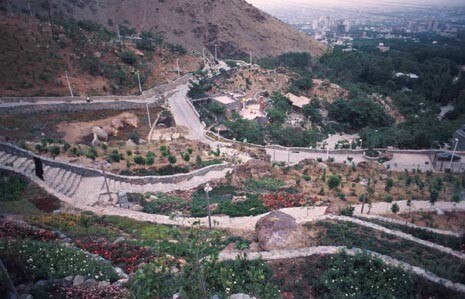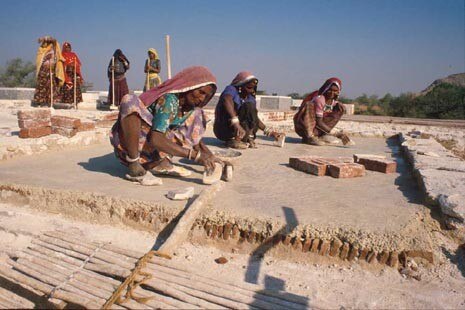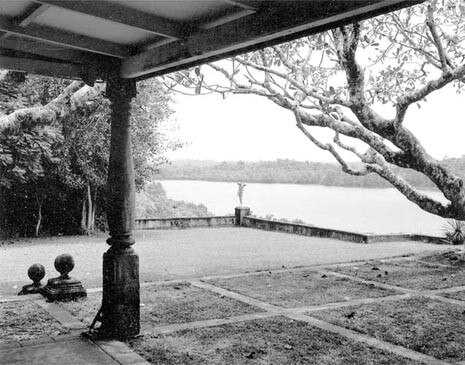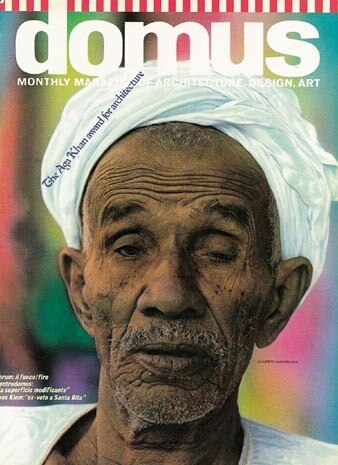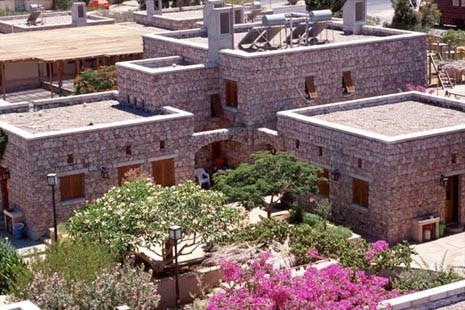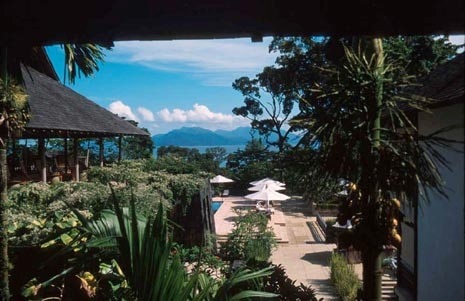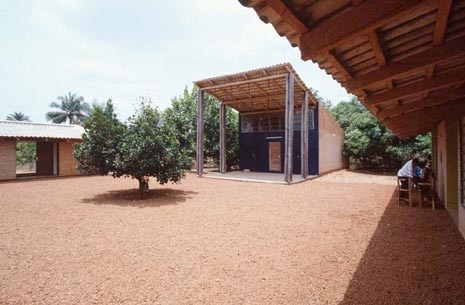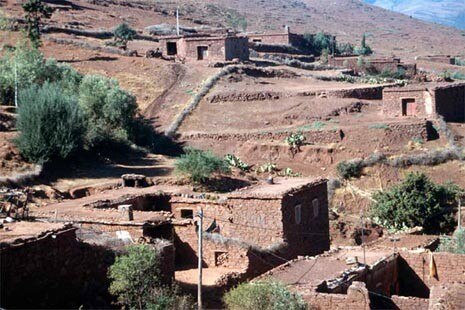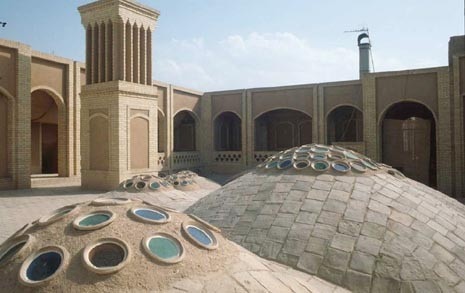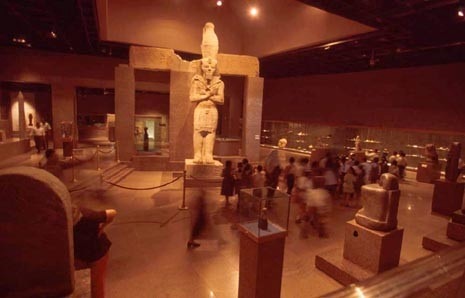Promoting the abilities of local artisans, studying sustainable solutions, stimulating social harmony and bringing vitality to the life of a village or city. These are the values on which has been founded the world's most generous prize for architecture - its value being 500,000 dollars against the "only" 100,000 dollars of the Pritzker Prize - this year in its 8th edition.
And it’s just to answer to those values that among those prizewinners of November 6 - the official ceremony held in the citadel of Aleppo in Syria - that the nine projects chosen (out of the 427 works presented), while apparently diverse, are bound by a single theme: the project as the key to improving living conditions among the different communities of Muslim society.
From the programs of restoration and urban and rural development in Iran and Morocco to a school complex in Guinea, from the Nubian Museum in Egypt to the Sos Children’s Village in Jordan, to a social center in Turkey, to a 30-hectare park in Iran and a hotel in Malaysia. The career prize (Chairman’s Award) went to Geoffrey Bawa, whose architecture has been defined as a "subtle mixture of tradition and modernity, east and west, formal and picturesque".
The mechanism which governs the award is simple: every three years, a committee of international observers is nominated (Steering Committee) - in 2001, it was made up of Kenneth Frampton, Zaha Hadid and Frank Gehry, among others - which identifies the projects (in the widest sense of the term, this also includes restoration, reutilization, urbanistics, public and private buildings), built between 1988 and 2000 and used, at least partly, by an Islamic community. The Master Jury - formed by nine people alternating, over past years, Giancarlo De Carlo, Kenzo Tange, James Stirling, Charles Moore, Hans Hollein, Fumihiko Maki, Peter Eisenman, Charles Jencks, Alvaro Siza and Arata Isozaki - has the task of evaluating and choosing the winning projects.
A curiosity: witnessing the first round of the prize in 1980, the only European magazine to dedicate its cover page and December editorial to the most "humble" of prizewinners, Egyptian bricklayer Aladdin Moustafa, was Domus. Alessandro Mendini, then director, addressed him in an "open letter": "You are only an Egyptian master mason, but in this case you posses a treasure: you represent the mastery of manual labour and you serve as a reminder of time's proper slowness... You are a virtuous master of cupolas, arches, vaults, columns, minarets, stone lattice work. Hassan Fathy himself (the great architect of that modern Islamic architecture which hardly exists) has worked with you" (Domus 612/1980).
http://www.akdn.org/agency/aktc_akaa.html
